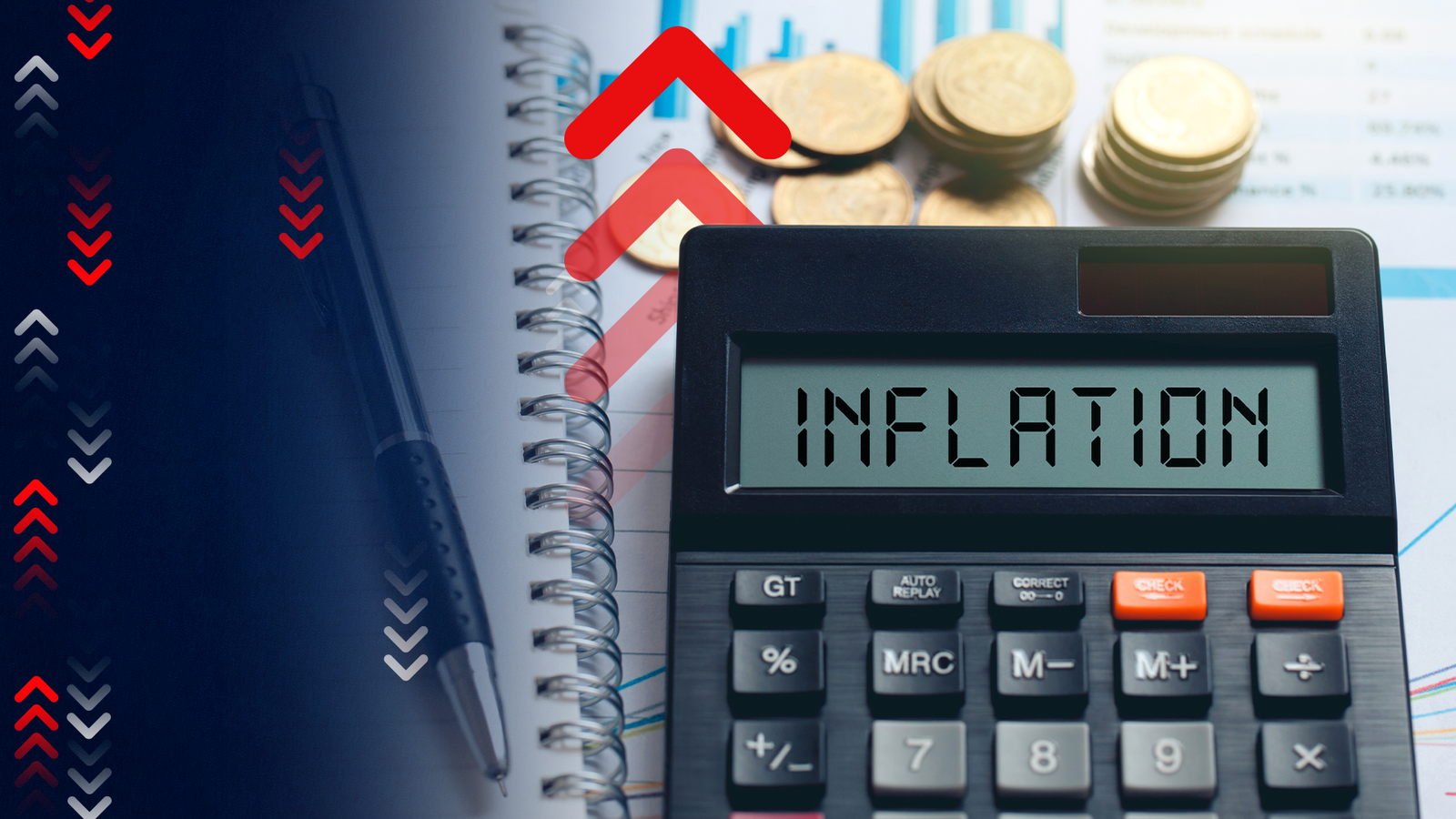The UK economy will have the highest inflation rate among the world’s richest nations this year, according to new forecasts.
The Paris-based Organisation for Economic Co-operation and Development (OECD) said in its interim economic outlook report that it expected the UK’s inflation rate to average 7.2% during 2023.
That was a rise on its previous forecast in June of 6.9% and was the fastest rate across the so-called G7 richest nations and third fastest across the wider G20.
It released its latest forecasts for member countries as economists tip the headline rate of inflation in the UK to accelerate this week.
A poll for the Reuters news agency saw the consumer prices index (CPI) measure rising to an annual rate of 7% in August from 6.8% in July due to a surge in global oil prices.
While comparing inflation rates by country is difficult due to different means of calculation, the OECD added a 0.1 percentage point to its UK inflation prediction for 2024 but still easing to 2.9%.
The body maintained its estimate that the UK economy would grow by 0.3% this year which, if realised, would be the second weakest among the G7 – only due to Germany’s recession.
Proportion of price-cut homes for sale ‘highest in over a decade’
Pace of wage growth outstrips rate of inflation while unemployment rate ticks up
Cost of living: Grocery price inflation at ‘lowest level in more than a year’
It saw a rebound in growth next year but only to 0.8%, still lagging the vast majority of the G20.
Please use Chrome browser for a more accessible video player
The wider report said global growth was expected to moderate due to the impact of rising interest rates to tackle the inflation problem.
Rising borrowing costs and China’s slowdown were proving the main choke on growth, its report said.
It predicted a global slowdown for 2024 due to those factors, with gross domestic product rising by 2.7% compared to the 3% it expected to be achieved in 2023.
Please use Chrome browser for a more accessible video player
“Activity has already weakened in the euro area and the United Kingdom, reflecting the lagged effect on incomes from the large energy price shock in 2022 and the comparative importance of bank-based finance in many European economies,” it added.
Read more:
Unrepentant Truss lays blame for economic woes elsewhere but admits going too far, too fast
Factories warn of ‘potent cocktail’ as output eases
The Bank of England is widely expected, by economists and financial markets, to impose one further 0.25 percentage point interest rate hike this week before pausing for breath.
Counterparts at the European Central Bank signalled a wait-and-see approach last week after raising its main deposit rate to a record high level.








